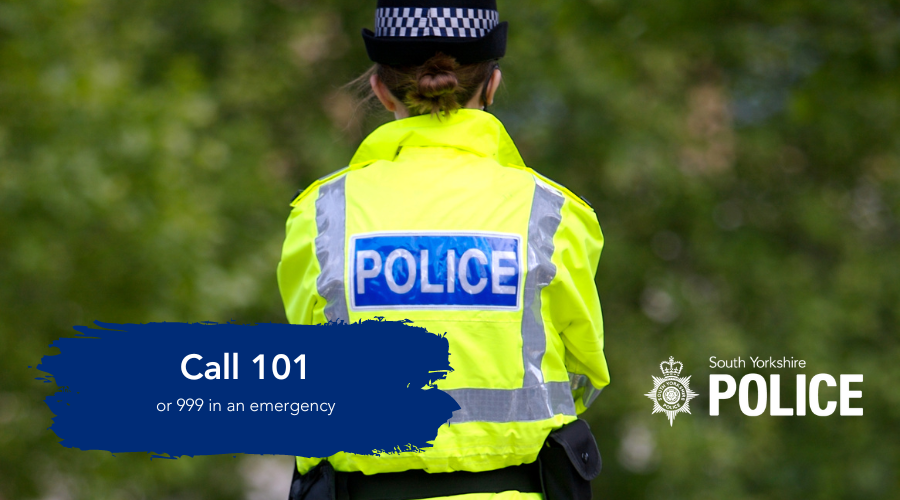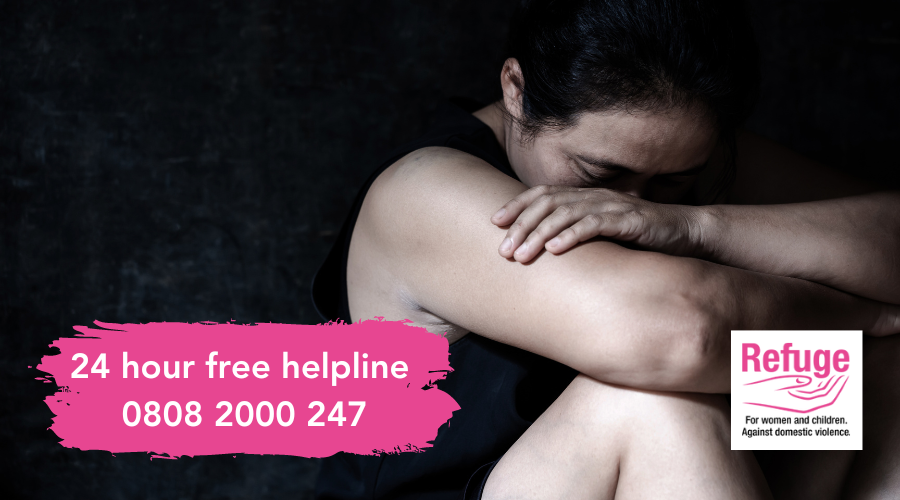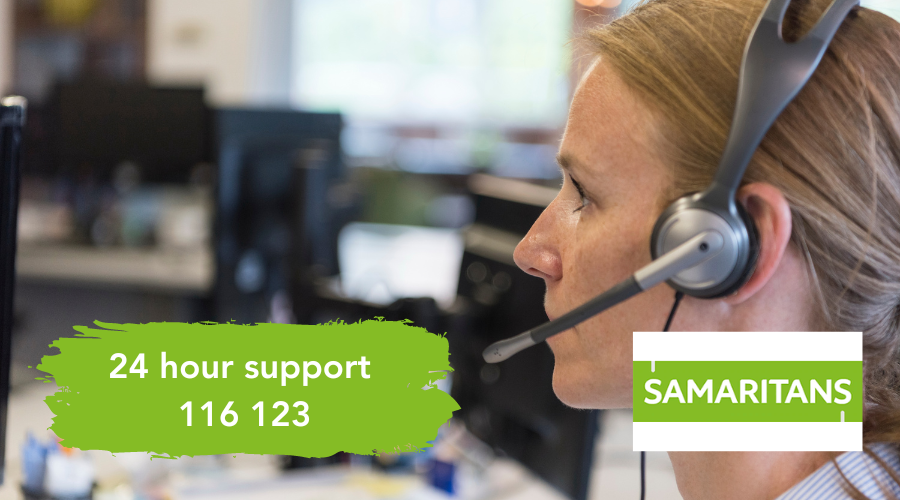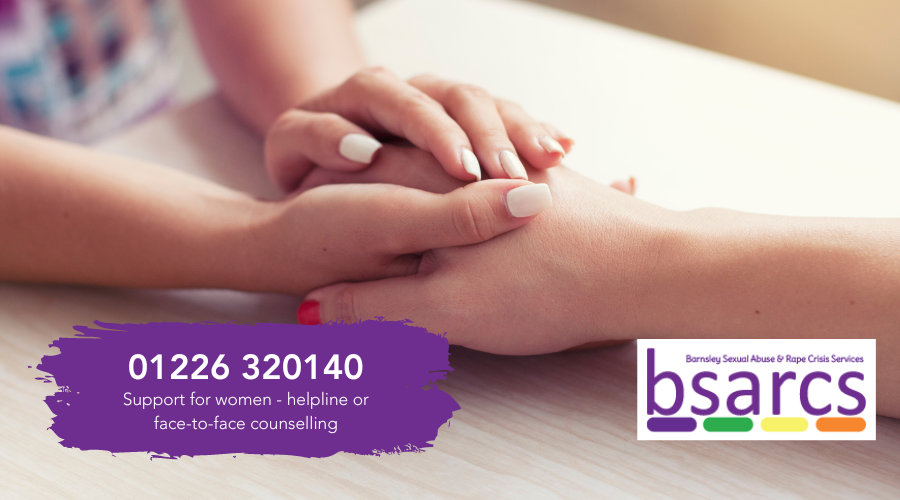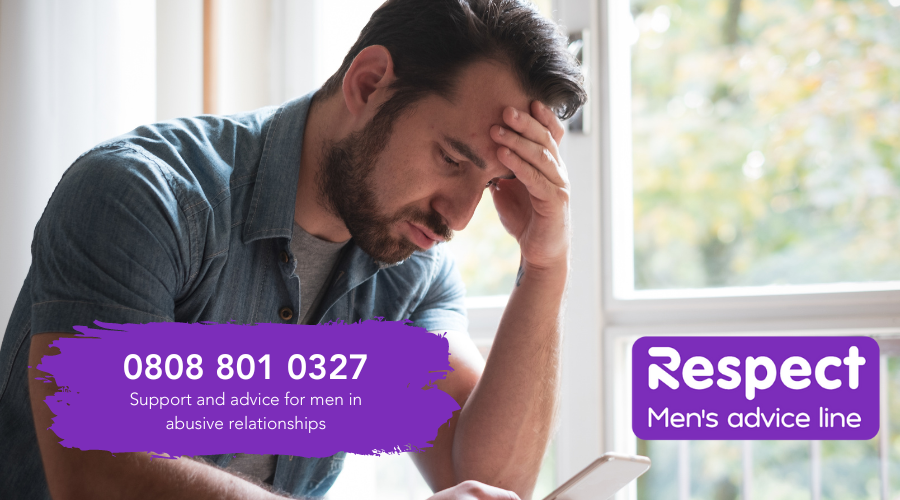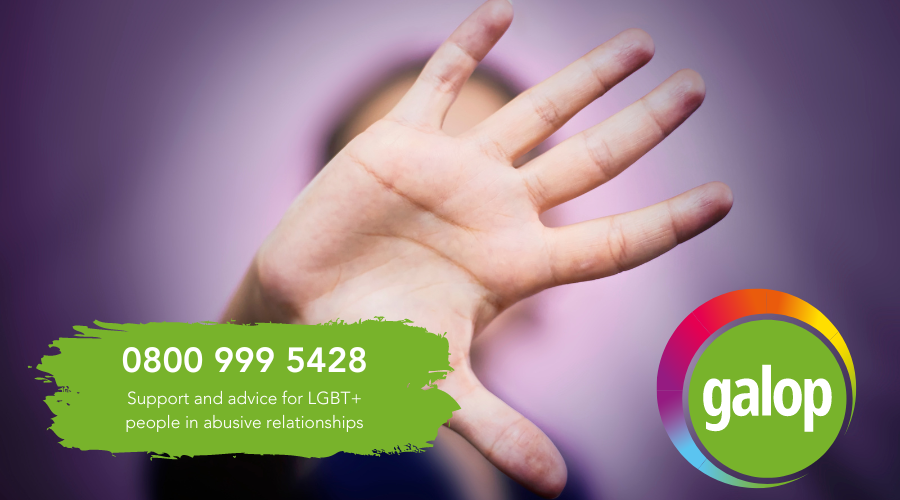Domestic abuse
For immediate help in an emergency call the police on 999. If you’re not able to speak, press 55 at any time and you’ll be automatically transferred to the police.
What is domestic abuse?
Domestic abuse is any incident or pattern of incidents of controlling, coercive or threatening behaviour, violence, or abuse between those aged 16 or over who are or have been intimate partners or family members regardless of gender or sexuality.
In this definition, family members are defined as: mother, father, son, daughter, brother, sister and grandparents, whether directly related, in-laws or step-family.
Domestic abuse can take many forms; frequently checking your phone, withholding money, and isolating you from family or friends are all behaviours that can have a real impact on psychological and emotional wellbeing.
If you're in an unhealthy relationship and suffering abuse, help and support is available. Speak up and don't suffer in silence.
Domestic abuse isn’t just about violence; it can involve many different types of behaviour such as:
Physical abuse includes:
- pushing, throwing, kicking
- slapping, grabbing, hitting, punching, beating, tripping, battering, bruising, choking, shaking
- pinching, biting
- holding, restraining, preventing you from leaving, locking you out of the home
- depriving you of sleep, food, medication
- breaking bones
- assaulting with a weapon such as a knife or gun, an household object
- burning
Emotional abuse includes:
- threatening or intimidating you to gain compliance
- destruction of your personal property and possessions, or threats to do so
- punching walls, doors, violence to an object or pet, as a way of instilling fear of further violence
- yelling or screaming, name calling, constant harassment
- embarrassing, making fun of you, either at home or in public
- Saying you are worthless, excessive possessiveness, isolates you from friends and family
- constantly checking-up on you
- blaming you for how they act or feel
- making you feel there is no way out of the relationship
Verbal or non-verbal abuse is more subtle than physical abuse; while physical abuse might seem worse, the scars of verbal and emotional abuse are deep rooting.
Sexual abuse includes:
- sexual assault: forcing someone to participate in unwanted, unsafe, or degrading sexual activity
- sexual harassment: ridiculing another person to try to limit their sexuality or reproductive choices
- sexual exploitation (such as forcing someone to look at pornography, or forcing someone to participate in pornographic film-making)
- using force, threats or intimidation to make you perform sexual acts
Sexual abuse often is linked to physical abuse; they may occur together or the sexual abuse may occur after a bout of physical abuse.
Economic or financial abuse includes:
- withholding economic resources such as money, family allowance, credit cards etc
- exploiting your resources for personal gain
- withholding physical resources such as food, clothes, necessary medications, or shelter from a partner
- preventing you from working or choosing an occupation.
Controlling behaviour includes:
- any act designed to make you subordinate and/or dependent, by isolating you from sources of support, exploiting your resources and capacities for personal gain, depriving you of the means needed for independence, resistance and escape and regulating your everyday behaviour.
Coercive behaviour includes:
- any act or a pattern of acts of assault, threats, humiliation and intimidation or other abuse that's used to harm, punish, or frighten you.
We treat all reports of domestic abuse seriously and we’re committed to working in partnership with other agencies for the safety of all those who may be, or have been, experiencing domestic abuse. You can read our Domestic Abuse Policy below.
Independent Domestic Abuse Service (IDAS)
We work closely with our partner IDAS (Independent Domestic Abuse Service) to support residents in Barnsley who are suffering or have suffered from domestic abuse.
The #SpeakUp campaign aims to tackle domestic abuse and encourage healthy relationships.
If you or someone you know is experiencing any form of domestic abuse, speak up - don’t suffer alone: call 03000 110 110.
IDAS also provide support in a range of other ways including:
- online video support sessions
- WhatsApp messaging
- live chat on their website (3-6pm)
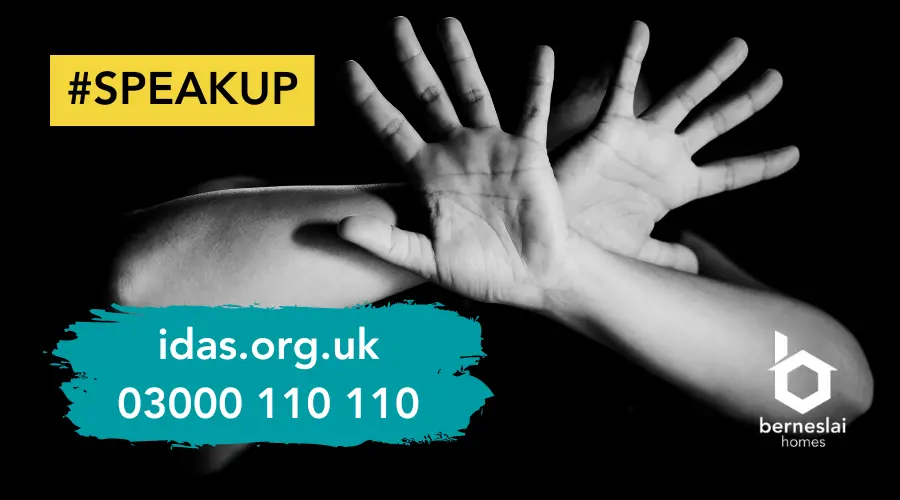
Reporting domestic abuse to Berneslai Homes
We treat all reports of domestic abuse seriously. You can contact us:
By email - remember to tell us your name, address, and phone number. We may need to ring you back.
By phone - 01226 787878
In person – contact us to make an appointment at one of our customer service centres.
Domestic abuse is a sensitive and complex issue and we’re not experts in this field, so we work closely with partner organisations so that both victims and perpetrators get appropriate and effective support.
We see our role as:
Recognising the signs
Working with partners to respond to the issues
We do this by:
- Training employees to ‘spot the signs’ and know how to offer support or refer into other services
- Supporting the victim(s)
- Referring to specialist agencies who can tackle the complex issues and give advice on legal action, and work with them to achieve the best outcome
- Raising safeguarding concerns
- Referring to the police
When we receive a report that someone has been a victim of domestic abuse, we will:
- take the report seriously
- respect the confidentiality of victim and person who reported the incident (who may be different)
- interview people in a safe, private place, and make sure they have support if they need it
- make sure you’re interviewed by someone of the same sex as you, if you ask for it
- investigate complaints in a sensitive and unbiased way
- take firm and quick action against people who we know are guilty of domestic abuse, including removing them from the tenancy, in line with our tenancy agreement
- take action to help victims to stay in their homes
- work with other agencies where this will help, and with the victim’s permission
- discuss any action we plan to take with the person who has complained
- carry out emergency repairs that are needed, but we may charge for the cost of repairs
All our neighbourhood teams (our frontline staff working with people living on our estates), have been trained to understand domestic abuse, and to give advice on where people can get expert and specialised support in Barnsley.
We can give advice on:
- emergency housing
- the support you can get to help you stay in your own home
- where to go for advice about housing (if you’re at risk of becoming homeless, we can put you in touch with our team that helps homeless people)
- your rights under our tenancy agreement, and how to apply for other accommodation
- support agencies in Barnsley that help victims of domestic abuse
The specific and direct action we can take includes:
- taking steps to make a property safe
- supporting rehousing of the victim
- supporting the transfer of tenancies
- taking enforcement action (where relevant) to end a perpetrator’s tenancy
- assessing any rehousing needs of the perpetrator
South Yorkshire Police are the most appropriate body to take immediate action where there has been abuse or a fear of abuse, and they may apply for a Domestic Violence Protection Notice (DVPN) resulting in a Domestic Violence Protection Order (DVPO).
